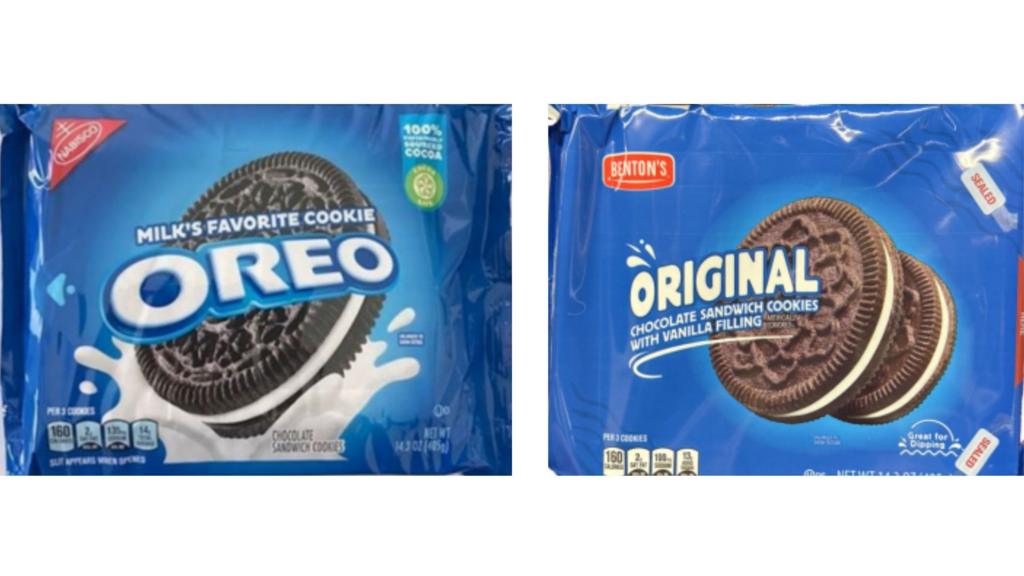Mondelēz International, the parent company of Oreo, has filed a lawsuit against Aldi in the US, alleging blatant imitation of its iconic snack packaging. Court documents claim Aldi’s packaging is deceptively similar, intending to capitalize on Mondelēz’s brand recognition and prestige.
The lawsuit extends beyond Oreo, encompassing similar accusations regarding Aldi’s “discount” versions of Wheat Thins, Nutter Butter, Chips Ahoy!, and Ritz. Mondelēz asserts that Aldi’s actions constitute unfair competition.
Aldi US has not yet responded to requests for comment, while Aldi UK clarified its operational independence from its US counterpart, emphasizing it is not involved in the litigation.
Mondelēz stated it had previously contacted Aldi regarding the packaging similarities, and while some products were modified, the company contends unacceptable imitations persist. The lawsuit alleges irreparable harm to the Mondelēz brand if Aldi’s practices continue.
The lawsuit includes visual comparisons highlighting the striking resemblance between Mondelēz’s products and Aldi’s offerings. Mondelēz is pursuing damages for trademark infringement, unfair competition, and unjust enrichment.
Mondelēz characterizes Aldi’s business model as relying on low-cost private label products mimicking established brands. Aldi, headquartered in Germany, is renowned for its discount model offering affordable alternatives to well-known brands. The company operates over 2,500 stores in the US.
This isn’t Aldi’s first trademark dispute; earlier this year, they lost a case to Thatchers Cider over alleged product imitation. The current lawsuit underscores the ongoing tension between established brands and discount retailers over product design and branding.
The BBC finds food listed on TikTok shop without ingredient and allergen information.
Jessica Morgan-Helliwell admits she would rather meet her mates for a pastry than a pint.
Seed oils like canola and sunflower oil have attracted controversial claims about harmful effects in recent times. Is there any truth to them?
Confectionery giant Mars said it had stopped using titanium dioxide in its Skittles portfolio in the US.
Invented to make beef last long journeys to market, Bovril became a famous British kitchen staple. Less well-known is its link to an odd, pioneering science fiction novel.

